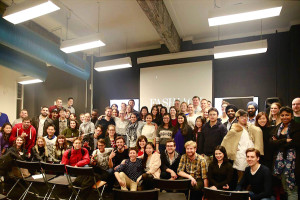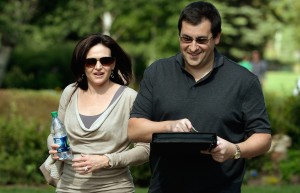Fashion and technology: A reluctant but inevitable match
This year has seen a boom in wearables. From the flop of the ill-timed (and ill-designed) Google Glass to the recent launch of the Apple watch, fashion and tech seems to be an inevitable match. We can no longer avoid being snobs around the fashion industry, leaving it to designers and manufacturers to figure it out.



















